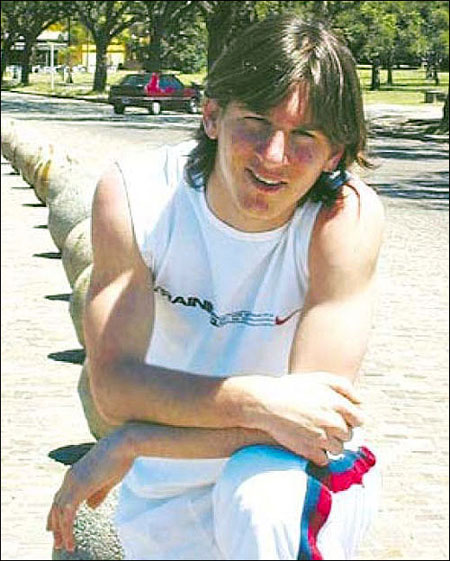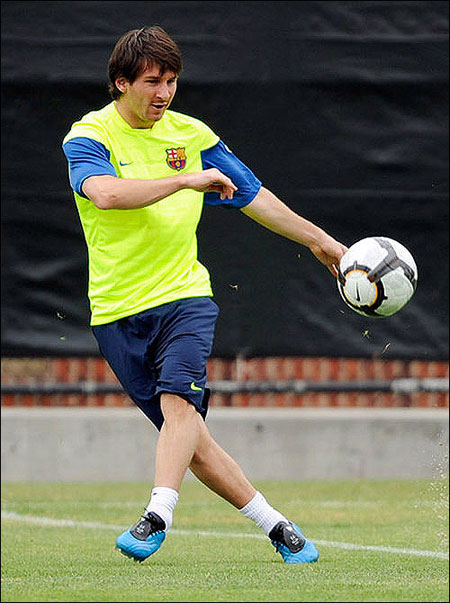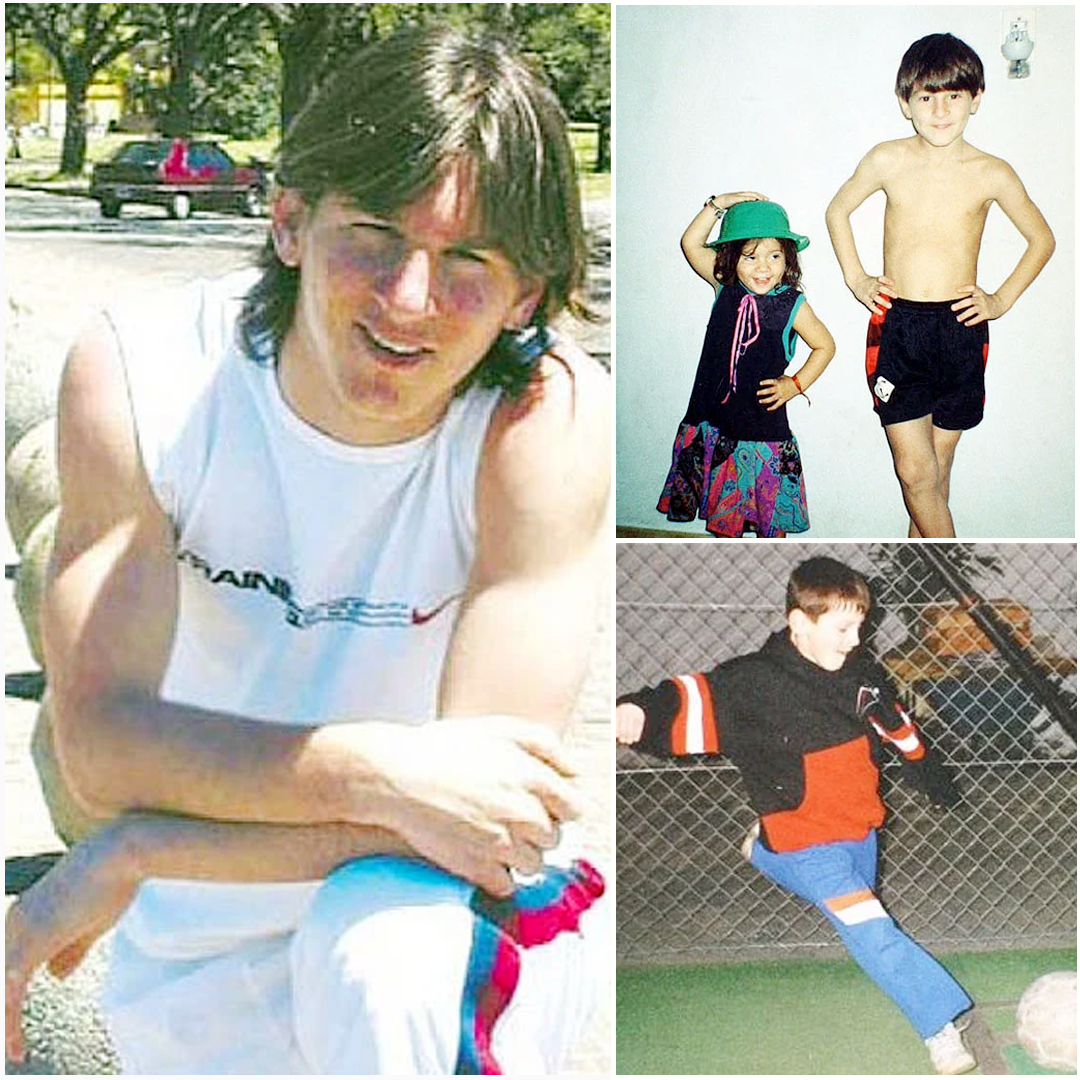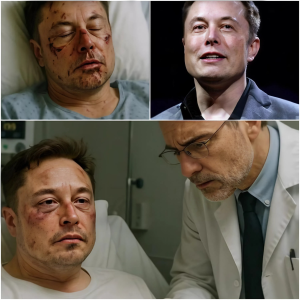Growth hormone disorder almost prevented Messi from becoming the brightest star of world football.
There are many legends who grew up in the slums or lived at the bottom of society. Messi is not one of them because although poor, his family still had money to support their lives from his father Jorge Horacio’s job at the steel factory and his mother Celia Maria’s part-time job as a cleaner. But Messi is still more unfortunate than many other stars because he does not have the health of a normal person.

Since childhood, Messi had to fight against a terrible disease.
At the age of 5, Messi joined Grandoli, a club coached by his father Jorge. The boy’s talent was revealed very early, making anyone who saw Messi playing with the ball feel excited. In 1995, Messi transferred to the training ground of Newell’s Old Boys, the strongest club in the city of Rosario, where he was born. And from then on, people paid special attention to the outstanding football skills of the small, weak young player. “Prodigy” is the word that the managers at Newell’s Old Boys used to call Leo.
Making a strong impression on River Plate scouts, it seemed that Messi would play for the youth team of Argentina’s most traditional club. But a growth hormone disorder ruined everything. During the severe economic recession at that time, River Plate could not afford to pay up to $900 per month for the height development of a boy whose height they did not know was good enough to play professionally. At that time, doctors diagnosed that Messi could not be taller than 1m40.
But luck, and also a special fate, came to Messi. Flying to Argentina on a business trip to search for young talents in South America, Barca’s sports director Carles Rexach went to watch Messi play for the youth team of Newell’s Old Boys. And from that moment on, the life of the genius known as “the second Maradona” changed. Fascinated by Messi’s outstanding individual technical performances, Rexach immediately went to meet his family. An offer that was hard to refuse was made: Rexach invited Messi to join the La Masia youth academy and the Catalan team was willing to pay all the costs of Messi’s medical treatment.

Messi is always grateful to Barca for curing his illness
The only condition that Barcelona put forward was that Messi would only be treated once he was in Spain. It was a difficult decision for the entire Messi family. No one wanted the boy to move to a strange place at such a young age. Messi himself burst into tears when he learned that he would have to leave his two brothers, a sister, parents, friends and all his relatives. But circumstances forced the boy and his family to separate. To give Messi the opportunity to pursue his passion and realize his dream of becoming a professional player, his father Jorge signed a contract with Rexach. It was the strangest contract in the history of world football. Rexach did not bring any paper or pen and drafted a preliminary contract with scribbles on a napkin right at Messi’s house.
But that crumpled piece of paper changed Messi’s life, the life of his family, the history of Barcelona and the history of world football. A few weeks later, Messi and his beloved father took a flight across the Atlantic to Catalonia to begin the great journey of a genius. When he first arrived at the club, Messi was very homesick. He missed his mother and sometimes cried alone until he was exhausted and fell asleep.

Everything changed when Messi decided to join La Masia
But Messi quickly adapted to life at Barcelona, where flair and creativity were required. He took part in a game called El Rondo, where one player stood in a circle and tried to intercept passes made in a narrow area. Messi was introduced to the tiki-taka system, built on rhythmic short passes and clever movements that Iniesta later described as “get the ball, pass it and run”. At La
Masia, a place reserved for outstanding child stars, Messi excelled. Once his hormonal disorder was treated, Messi focused on playing football and was always the most interesting player on the pitch. His teammates at La Masia admired the way Messi controlled the ball to his feet. And the scouts nodded approvingly: “He is a genius”.










